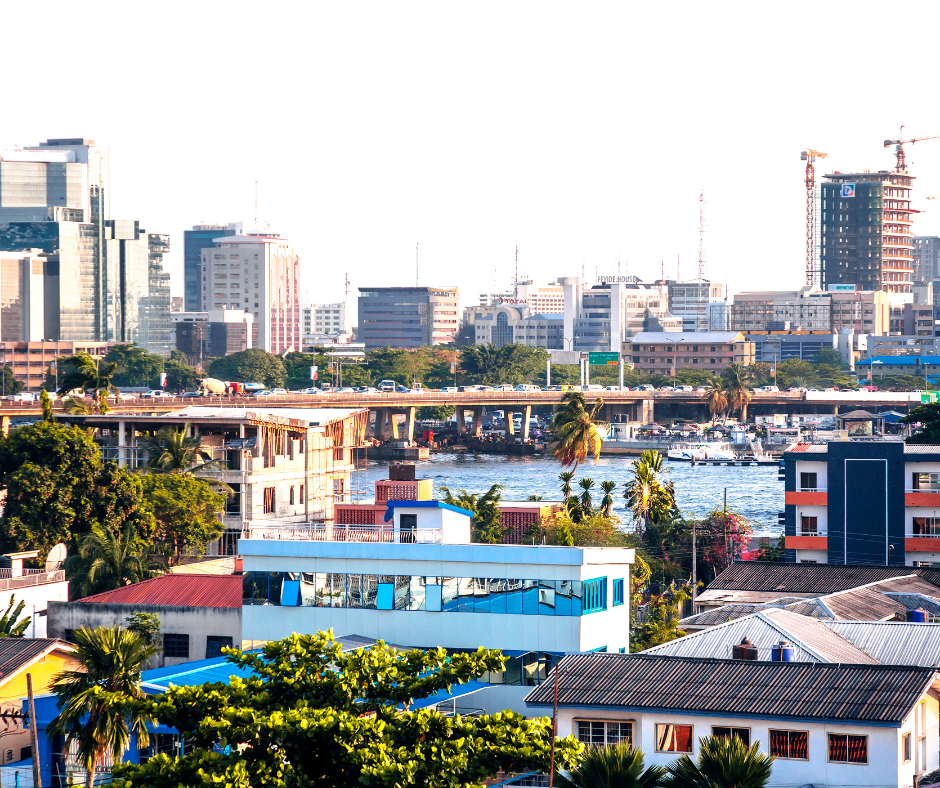How Tourism Can Help Preserve Africa’s Wildlife and Culture
- The Global Oreoluwa

- May 24, 2025
- 2 min read

Tourism in Africa is more than just a bucket list safari—it’s a powerful tool for preservation. When done right, it fuels conservation, protects cultural heritage, and uplifts local communities. In a continent rich with biodiversity and centuries-old traditions, tourism has the potential to either damage or defend. At Oritour, we believe in choosing the latter—travel that protects what makes Africa unique.
Where Culture and Conservation Intersect
Across Africa, you’ll find stories of wildlife and culture deeply intertwined. From the sacred elephants of Mali to the ancestral dances of the Himba people in Namibia, identity and environment are not separate—they coexist. Sustainable tourism recognizes this harmony and invests in its survival.
How Tourism Aids Wildlife Conservation
Funding Protected Areas: Entrance fees to national parks like Kenya’s Amboseli or Tanzania’s Serengeti directly fund anti-poaching efforts, ranger salaries, and wildlife monitoring.
Creating Economic Alternatives: In places where illegal poaching was once a source of income, tourism offers new pathways—guiding, crafts, hospitality—that allow communities to benefit from protecting wildlife, not exploiting it.
Wildlife Rehabilitation and Education: Destinations like Lilongwe Wildlife Centre in Malawi and Shamwari in South Africa use tourism to fund animal rescues, research, and education programs that reach both locals and travelers.
How Culture Is Preserved Through Travel
Storytelling Through Experience: When tourists join a Berber cooking class in Morocco or witness a traditional wedding dance in Ethiopia, they help preserve intangible heritage. These aren’t performances—they're cultural exchanges.
Empowering Indigenous Communities: Tourism, when done ethically, gives communities control over how their stories are told. Initiatives like the San Bushmen’s guided desert treks in Botswana are led by locals who want to share, not commercialize, their culture.
Protecting Historical Sites: From the rock-hewn churches of Lalibela to the Great Zimbabwe ruins, tourism funds the maintenance and global awareness of Africa’s ancient wonders.
But It Must Be Done Right
Not all tourism is equal. Mass-market resorts that displace local people or create waste hurt more than they help. The real impact happens when travelers choose responsible operators, support community-led projects, and treat culture as something to respect—not consume.
What You Can Do as a Traveler
Book with local-owned businesses and eco-conscious tour operators.
Be present and respectful when visiting sacred sites or witnessing cultural ceremonies.
Learn before you go—understand the do’s and don’ts of the community you're entering.
Speak up. Share your experiences online and promote the places getting sustainability right.
A Future Worth Traveling For
When you travel with intention, you help write a better future—one where Africa’s lions still roam free, its oral traditions continue to echo, and its people thrive alongside their land. Sustainable tourism isn’t just about seeing Africa—it’s about helping Africa be seen, protected, and celebrated.






Comments